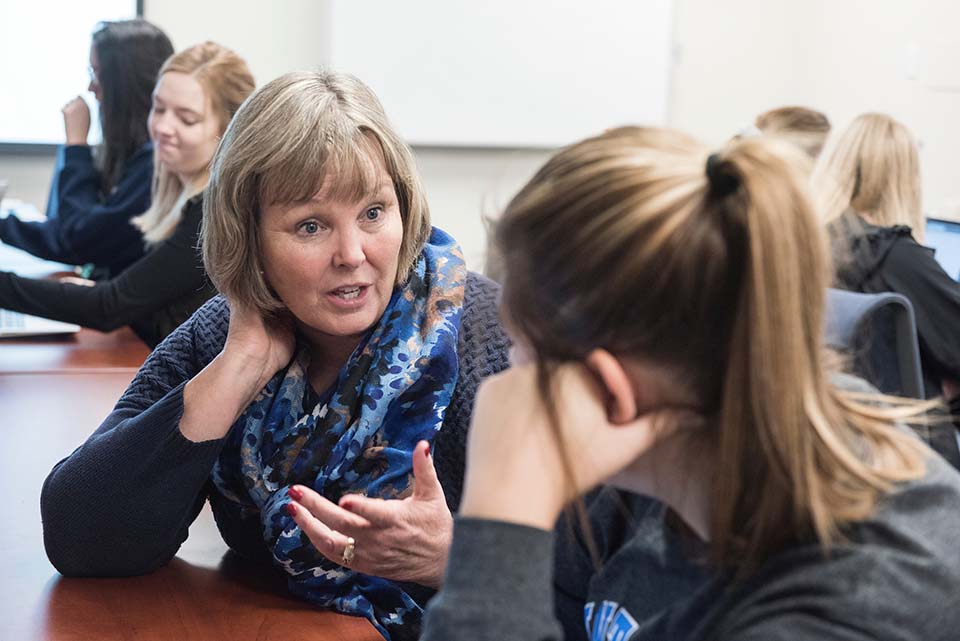SLU/YouGov Poll: Kansas City Chiefs Are Missouri's Favorite NFL Team
Forty-three percent of Missouri likely voters name the Chiefs as their favorite NFL team, only 2% name the Rams
ST. LOUIS - The Super Bowl Champion Kansas City Chiefs dominate their home turf in Missouri as voters in the state overwhelmingly chose the team as their favorite NFL franchise.
In August 2024, the SLU/YouGov Poll interviewed 900 likely Missouri voters, asking them to name their favorite National Football League team.
The poll found that 43% of Missourians polled say the Kansas City Chiefs are their favorite team. Sixty-seven percent of voters from Kansas City said the Chiefs were their favorite team. Meanwhile, only 26% of St. Louis voters named the Chiefs as their favorite team.
Even though the Chiefs are more popular in Kansas City than St. Louis, the SLU/YouGov Poll found that Chiefs fans are more likely to be St. Louis Cardinals than Kansas City Royals fans. When asked “What is your favorite Major League Baseball team?,” 43% of Chiefs fans named the Cardinals, 39% said the Royals, and 12% said they did not have a favorite Major League Baseball team.
Runner-up competition for Missouri’s favorite National Football League team wasn’t close to the Superbowl champs. The Dallas Cowboys and Green Bay Packers were the second- and third-favorite teams and respectively chosen by 4% and 2% of voters. Thirty-four percent stated they did not have a favorite team.
“The Chiefs popularity is impressive. Overall, only 41% of voters named the St. Louis Cardinals their favorite Major League Baseball team, giving the Chiefs a 2-point edge on the “best fans in baseball,” said Steven Rogers, Ph.D., SLU/YouGov Poll Director and associate professor of political science at SLU. “But it also helps they are the only NFL team left in the Show-Me-State.”
Two percent of Missouri voters named the Los Angeles Rams, who left St. Louis in 2015, as their favorite NFL team. Four percent of St. Louis voters named the Rams as their favorite team. Across the state, the Rams were most popular among voters between the ages of 18 to 29 years old. Less than 1% of voters said the Arizona Cardinals, who left St. Louis in 1988, were their favorite NFL team.
“After St. Louis suffered through Bidwell and Big Red football, the Greatest Show on Turf brought a Superbowl to St. Louis,” said Rogers. “But it now seems that St. Louis is a place where Kaw is the law.”
The margin of error for the full survey sample is ± 3.79%.
Methodology and Funding
YouGov interviewed 900 likely Missouri voters between Aug. 8-16, 2024. The YouGov panel, a proprietary opt-in survey panel, is comprised of 3.1 million United States residents who have agreed to participate in YouGov Web surveys. Using their gender, age, race, and education, YouGov weighted the set of survey respondents to known characteristics of Missouri voters from the American Community Survey (ACS) public use microdata file, public voter file records, the 2020 Current Population Survey (CPS) Voting and Registration supplements, the 2020 National Election Pool (NEP) exit poll, and the 2020 CES surveys, including demographics and 2020 presidential vote. The margin of error for the weighted data is 3.79%.
The August 2024 SLU/YouGov Poll was funded by the PRiME Center in SLU’s School of Education.
About YouGov
Saint Louis University has partnered with YouGov to conduct its annual survey of Missouri voters. YouGov conducts surveys for multiple academic institutions and is the primary, trusted survey firm for media organizations, including CBS News and The Economist. An independent Pew Research Center study of online survey firms in 2016 further concluded that YouGov “consistently outperforms competitors.”
About Saint Louis University
Founded in 1818, Saint Louis University is one of the nation’s oldest and most prestigious Catholic institutions. Rooted in Jesuit values and its pioneering history as the first university west of the Mississippi River, SLU offers more than 15,200 students a rigorous, transformative education of the whole person. At the core of the University’s diverse community of scholars is SLU’s service-focused mission, which challenges and prepares students to make the world a better, more just place.
Latest Newslink
- Kathryn Mitchell Pierce, Ph.D.: 1955-2025Kathryn Mitchell Pierce, Ph.D., associate professor of educational studies, died Wednesday, Dec. 10, 2025. She was 70 years old. Pierce joined Saint Louis University in 2015 as an assistant professor in the School of Education. Initially a literacy specialist in the undergraduate program, she eventually taught and mentored across all levels at the School of Education. She became an associate professor in 2022.
- Saint Louis University Student Speaks About Leadership and Disability at Ignatian Family Teach-In for JusticeSaint Louis University senior Grace LoPiccolo shared her personal leadership journey at the 2025 Ignatian Family Teach-In for Justice. The event, held annually in Washington, D.C., is the nation’s largest Catholic social justice advocacy day.
- SLU Research Shows Surge in Alcohol-Related Liver Disease Driving ‘Deaths of Despair’Researchers at Saint Louis University School of Medicine say deaths from alcohol-related liver disease have surged in recent years, and the increase is hitting people without a college degree the hardest. While nearly every demographic group is seeing higher death rates—including those with college degrees—the gap between economically disadvantaged groups and more affluent ones is growing, according to new research.
- Saint Louis University Joins Multi-Disciplinary Research Team to Enhance Stress Resilience in SorghumSaint Louis University is part of a multi-disciplinary team, led by the Donald Danforth Plant Science Center, to deepen the understanding of sorghum, a versatile bioenergy crop, and its response to environmental challenges.The U.S. Department of Energy (DOE) Biological and Environmental Research (BER) program supports the three-year $2.5 million project for Genomics-Enabled Understanding and Advancing Knowledge on Plant Gene Function. Saint Louis University will receive $437,039 for its portion of the study.
- SLU Graduates Celebrated at Midyear CommencementSaint Louis University celebrated its Midyear Commencement on Saturday, Dec. 13, inside Chaifetz Arena. More than 1,900 guests watched as 600-plus SLU students walked across the stage and left as graduates.
- Why Do Raccoons Cross the Road? SLU, St. Louis Zoo Research Shows They Don'tA new study led by researchers from Saint Louis University, the Saint Louis Zoo, and partner organizations set out to understand how raccoons use space in one of the nation's largest urban parks.













